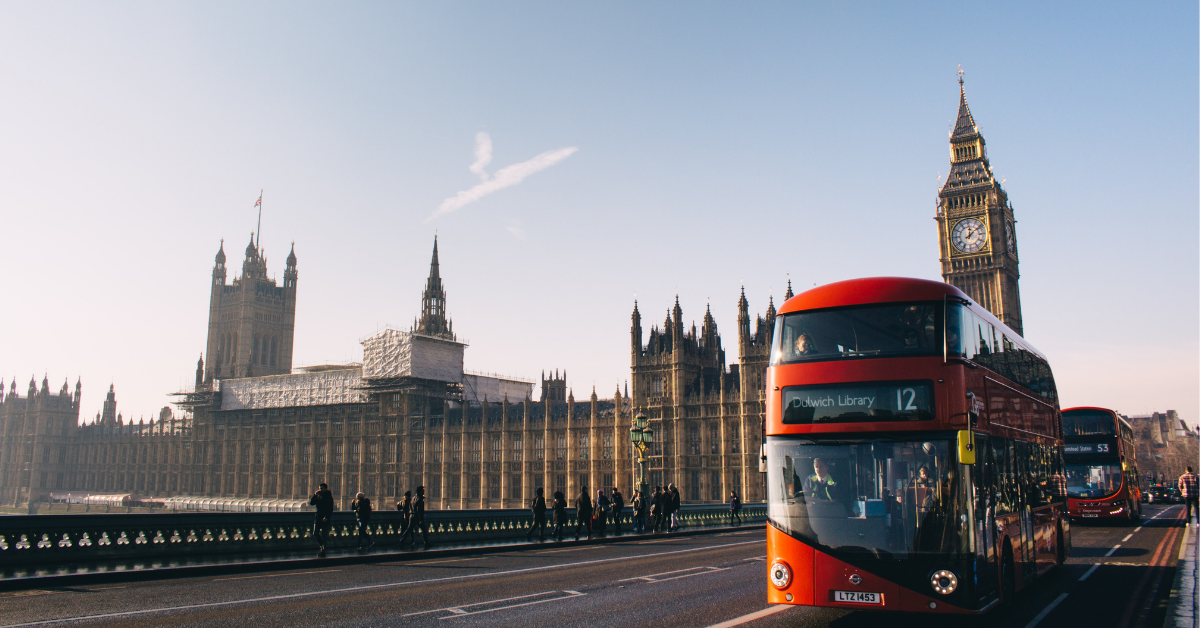 Photo: Unsplash /
Aron Van de Pol
Photo: Unsplash /
Aron Van de Pol
This article was first published by The Conversation.
“Eighteen months into the COVID pandemic, another very difficult winter looks increasingly likely with fears about a resurgence of the virus combined with rising inflation and an energy and supply chain crisis. So what can we expect, and how meaningful are the parallels with the 1970s? We asked finance and economy specialist Steve Schifferes to explain.”
“The first is the pandemic itself. We still have a high volume of cases. We don’t have as many deaths or hospitalisations as in previous waves, but the onset of winter, coupled with the more infectious nature of the delta variant, and the fact that many people are still unvaccinated, might mean more restrictions. When Boris Johnson recently announced a “plan B” with more restrictions, nothing was ruled out and masks and remote working were mentioned as possibilities. This potentially means more economic disruption.”
“The biggest problem is oil and gas prices, with UK wholesale gas prices having almost tripled since the beginning of 2021. Gas is still one of the main components of the energy mix in the UK, so consumer prices for gas and electricity have risen sharply, while lots of businesses are being affected – for example, steel and fertiliser plants have been temporarily closing.”
“Meanwhile, shortages of everything from lorry drivers to carbon dioxide are causing problems in retail and hospitality. We’re seeing supermarket shelves increasingly empty. Brexit has made the whole situation worse because a lot of workers in the food supply chain came from the continent and are no longer allowed to work in the UK.”
“Today, with more modest inflation and weaker unions, conditions are somewhat more benign – we probably won’t have to live through the famous “stagflation” that dogged the 1970s. Yet the level of disruption caused by Brexit and the pandemic is unprecedented, as it the size of the public deficit for many years.”
Honorary Research Fellow, University of London.










